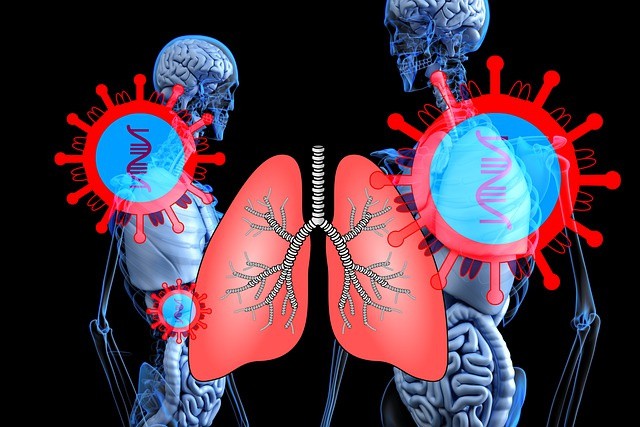Experts have now developed Artificial Intelligence (AI) technology to perform remote lung exams to help people check for COVID-19 symptoms within the premises of their own home.
According to the Healthtech Insider's report, different health-care practices have long been planning to integrate telemedicine into their operations. It was also stated that it is natural for experts to receive questions and concerns on whether remote examinations can truly replace in-person visits, or even outperform it.
The new technology innovation is called "StethoMe," and was created by a Poland based manufacturer of a smart, wireless, stethoscope. StethoMe is currently working with other existing telemedicine platforms, such as MaQuestionMedicale located in France and Home Doctor in Spain, to make remote lung examinations a reality.

It was first announced on April 1, 2020 that StethoMe signed major deals with the aforementioned telemedicine providers to help patients connect with healthcare professionals 24 hours a day, 7 days a week.
"Our team of technological and medical experts has devoted the last five years of R&D efforts to the creation of a smart wireless stethoscope," said Wojciech Radomski, CEO of StethoMe in the report of Business Insider.
"At a time where medical services are under strain across the globe due to the COVID-19 pandemic, we believe the deals we have signed will contribute towards lessening the burden on healthcare systems and reduce the unnecessary spread of the disease," he added in the report.
Experts developed AI powering remote lung exams: Can this innovation help people detect COVID-19 within their homes?
According to Healtech Insider, StethoMe communicates with a smartphone app and uses cloud-based AI algorithms in its system to detect, analyze, and classify pathological sounds.
This feature allows adults, and even children, to listen to their own lungs at home. StethoMe now provides patient-specific information to healthcare providers for a fast examination of potential respiratory issues that may show COVID-19 infection. This is done with the help of an integrated telemedicine system.

Different tests of StethoMe's robust algorithms have revealed that the system is 29% more accurate compared to human pulmonologists. The StethoMe device and algorithms have received full CE certification in the EU because of its efficient telemedicine performance.
StethoMe supports the provider's knowledge and experience, rather than replaces it. The powerful features of the new innovation help people identify whether they need to begin treatment, continue social distancing, or recommend an in-person assessment if needed.
The union between StethoMe and other telemedicine providers can help reduce the spread of COVID-19, decrease unnecessary hospital visits, and lower the infection risk.
Will this new telemedicine technology innovation be the key to slowing down the spread of the novel coronavirus?
Also Read: [UPDATE] Experts Develop New Algorithm To Improve Video Streaming
ⓒ 2025 TECHTIMES.com All rights reserved. Do not reproduce without permission.




